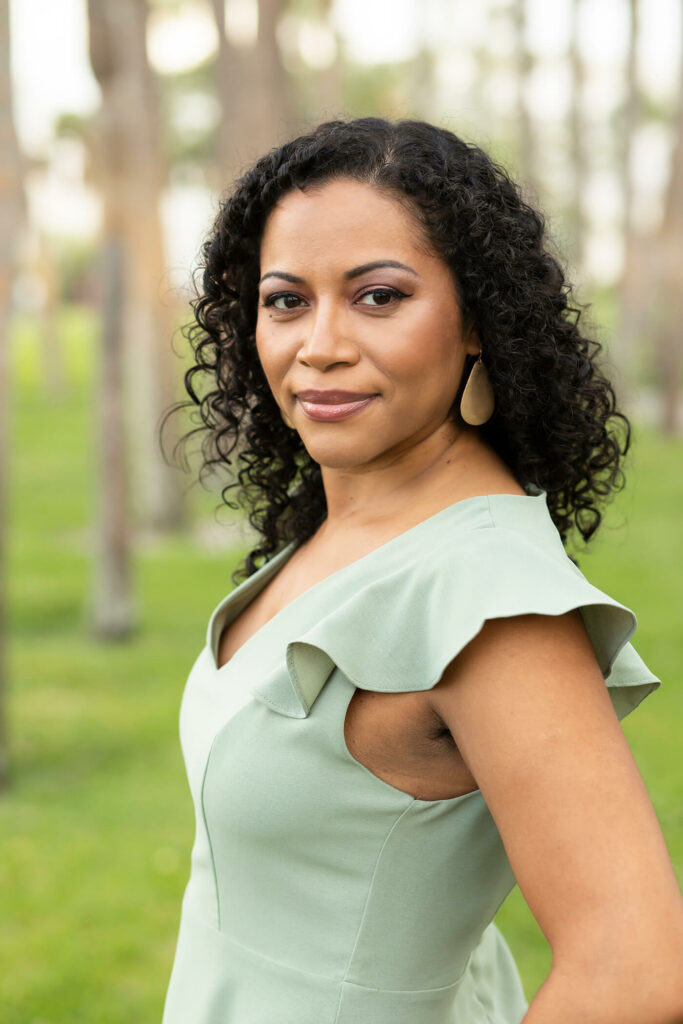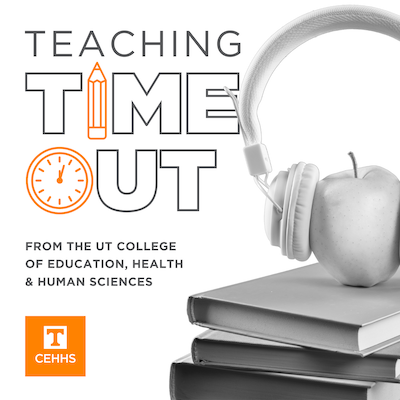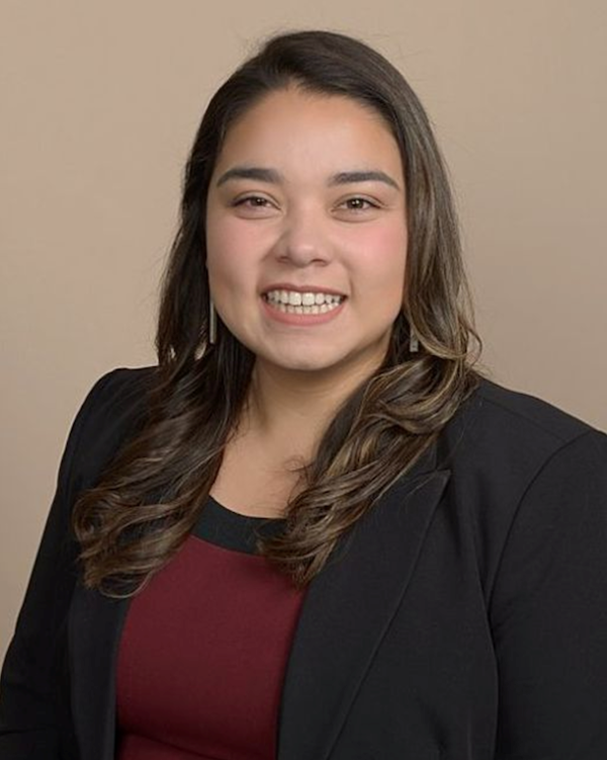Romero-Hall Recognized by Canadian Social Knowledge Institute
Romero-Hall Recognized by Canadian Social Knowledge Institute
For many people outside of an academic environment, accessing scholarly work may appear to be outside their reach. Not everyone has access to academic journals or can attend conferences where the latest research is shared. But for Enilda Romero-Hall, an associate professor of STEM Education/Learning, Design, and Technology in the Department of Theory & Practice in Teacher Education, academic work should be shared and made more accessible to those outside of the academy.

Just recently, Romero-Hall, along with three colleagues, were named a 2024 Open Scholarship Award recipient by the Canadian Social Knowledge Institute (C-SKI). Recipients are celebrated for their exemplary open scholarship via research, projects, or initiatives. In addition to the recognition of her accomplishment, C-SKI also offers a tuition scholarship for Romero-Hall and her colleagues to the Digital Humanities Summer Institute (DHSI).
“I’m honored to be recognized, along with my co-editors, with the 2024 Open Scholarship Award,” said Romero-Hall. “Our collaboration efforts to disseminate feminist pedagogy practices and application is highly connected to a shared vision and commitment to open scholarship.”
Just visit Romero-Hall’s website and you’ll find a commitment to sharing her scholarly work with broader groups. She’s authored two edited books, over 40 journal articles, and presented in over 60 peer-reviewed presentations. A sought-after guest on numerous podcasts, Romero-Hall calls herself a “Scholar, Instructor, Learning Designer.” She’s also in demand nationwide with invitations as keynote speaker at regional and international events. Romero-Hall also serves as the Program Chair for the American Educational Research Association Instructional Technology Special Interest Group and Advising Editor to the Feminist Pedagogy for Teaching Online digital guide.
With her scholarly interest in interactive multimedia, along with digital literacy, networked learning, and online social communities, Romeo-Hall is a natural fit for her most recent C-Ski accolade. With her experience in the Panamanian, Canadian, and U.S. education systems, she understands the importance of making scholarly work and research accessible to as many as possible.
“This recognition highlights our commitment to give back to our scholarly community not only to share knowledge but also to support the open scholarship movement,” said Romero-Hall.












